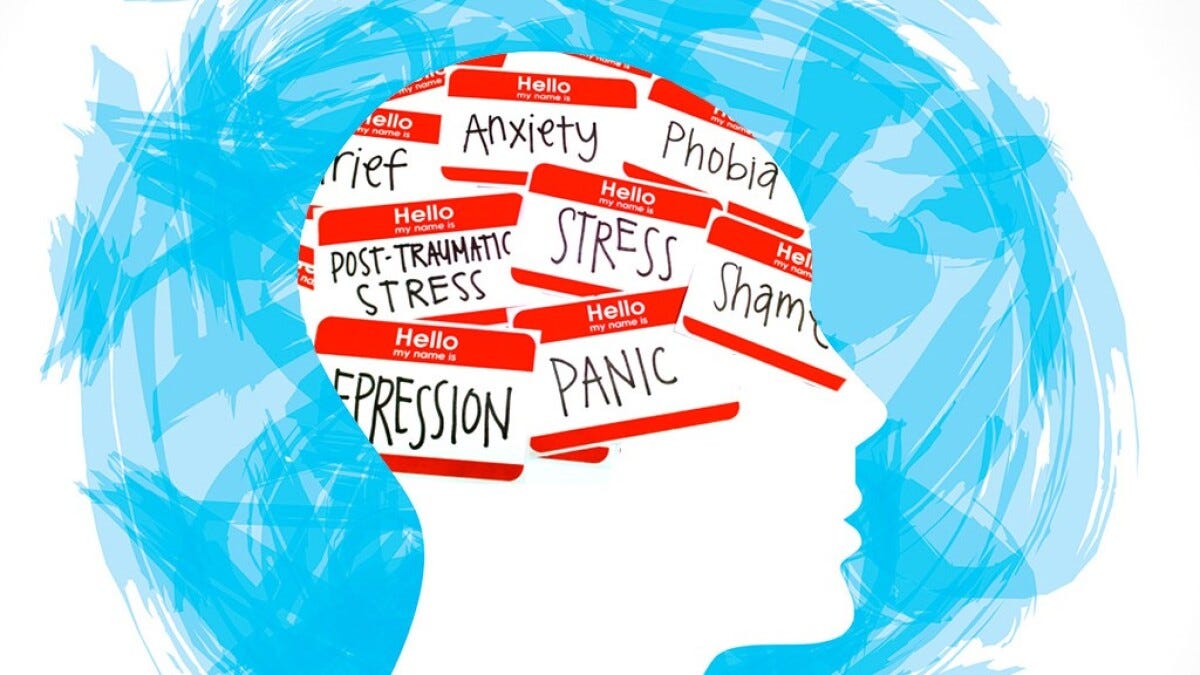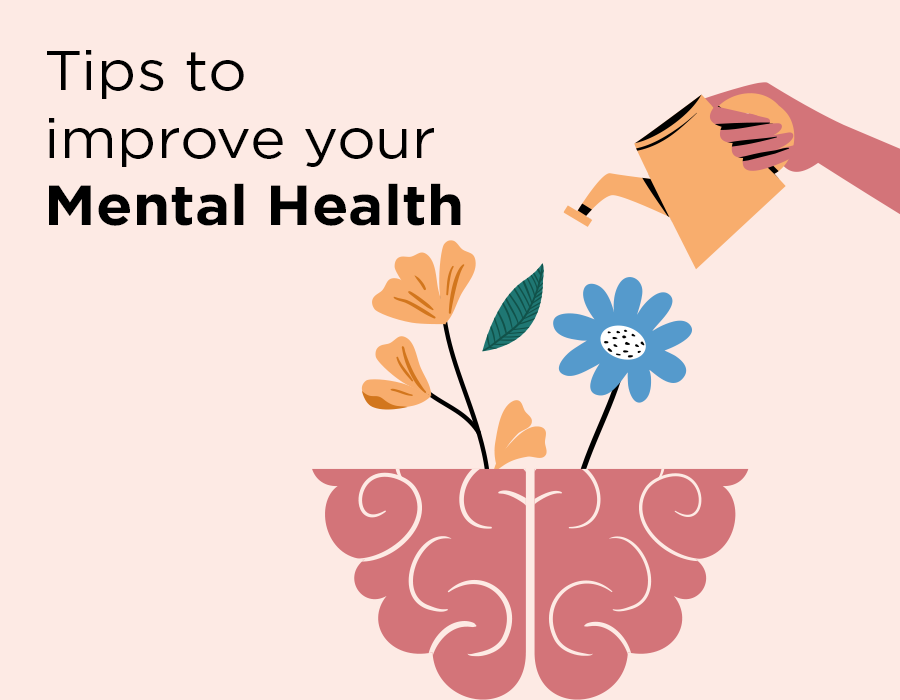
Cultivating Cognitive Wellness: Effective Strategies
Maintaining cognitive wellness is crucial for overall health and quality of life. In a fast-paced world filled with constant stimulation, it’s essential to adopt strategies that support mental well-being. Let’s explore some effective cognitive wellness strategies that can contribute to a healthier mind.
Understanding Cognitive Wellness
Cognitive wellness encompasses various aspects of mental health, including memory, attention, problem-solving, and emotional regulation. It goes beyond the absence of illness and focuses on optimizing cognitive function for a fulfilling life.
Prioritizing Sleep and Rest
Adequate sleep is fundamental to cognitive wellness. Sleep allows the brain to consolidate memories, process information, and rejuvenate for the next day. Establishing a consistent sleep routine and creating a restful environment can significantly impact cognitive function.
Nourishing the Body and Mind
Nutrition plays a vital role in cognitive wellness. A well-balanced diet rich in antioxidants, omega-3 fatty acids, and essential nutrients supports brain health. Additionally, staying hydrated is crucial for optimal cognitive function.
Engaging in Regular Physical Activity
Physical exercise has profound effects on the brain. It increases blood flow, promotes the growth of new neurons, and enhances overall cognitive function. Incorporating regular exercise into your routine can have lasting benefits for both your body and mind.
Practicing Mindfulness and Stress Management
Mindfulness techniques, such as meditation and deep breathing, can help manage stress and improve cognitive well-being. Chronic stress has detrimental effects on the brain, so adopting stress-reduction practices is essential for long-term cognitive health.
Stimulating the Brain with Mental Challenges
Keeping the brain active and engaged is crucial for cognitive wellness. Engage in activities that challenge your cognitive abilities, such as puzzles, games, or learning new skills. Continuous mental stimulation contributes to cognitive resilience and flexibility.
Cultivating Social Connections
Social interactions play a significant role in cognitive wellness. Building and maintaining positive relationships can provide emotional support and mental stimulation. Meaningful connections with others contribute to a sense of purpose and well-being.
Balancing Technology Use
While technology can enhance our lives, excessive screen time and digital overload can have negative impacts on cognitive wellness. Establishing boundaries for technology use and incorporating periods of digital detox can help maintain a healthy balance.
Seeking Professional Guidance
If you experience persistent cognitive challenges or mental health concerns, seeking professional guidance is crucial. A mental health professional can provide personalized strategies, support, and resources to address specific cognitive wellness needs.
In conclusion, prioritizing cognitive wellness is a proactive approach to maintaining a healthy mind. By incorporating these strategies into your lifestyle, you can contribute to optimal cognitive function and overall well-being.
To delve deeper into Cognitive Wellness Strategies, check out this comprehensive resource: Cognitive Wellness Strategies.




